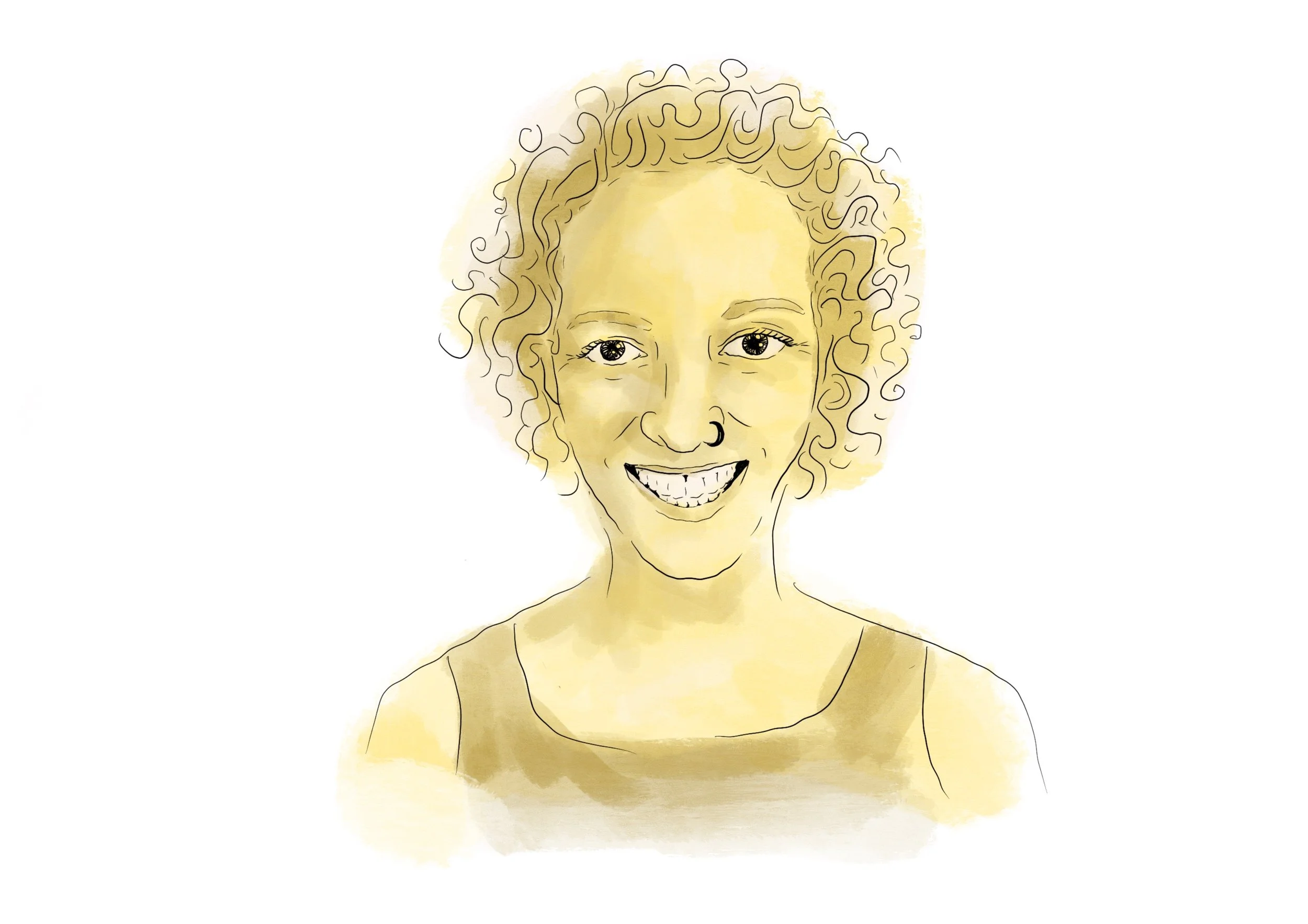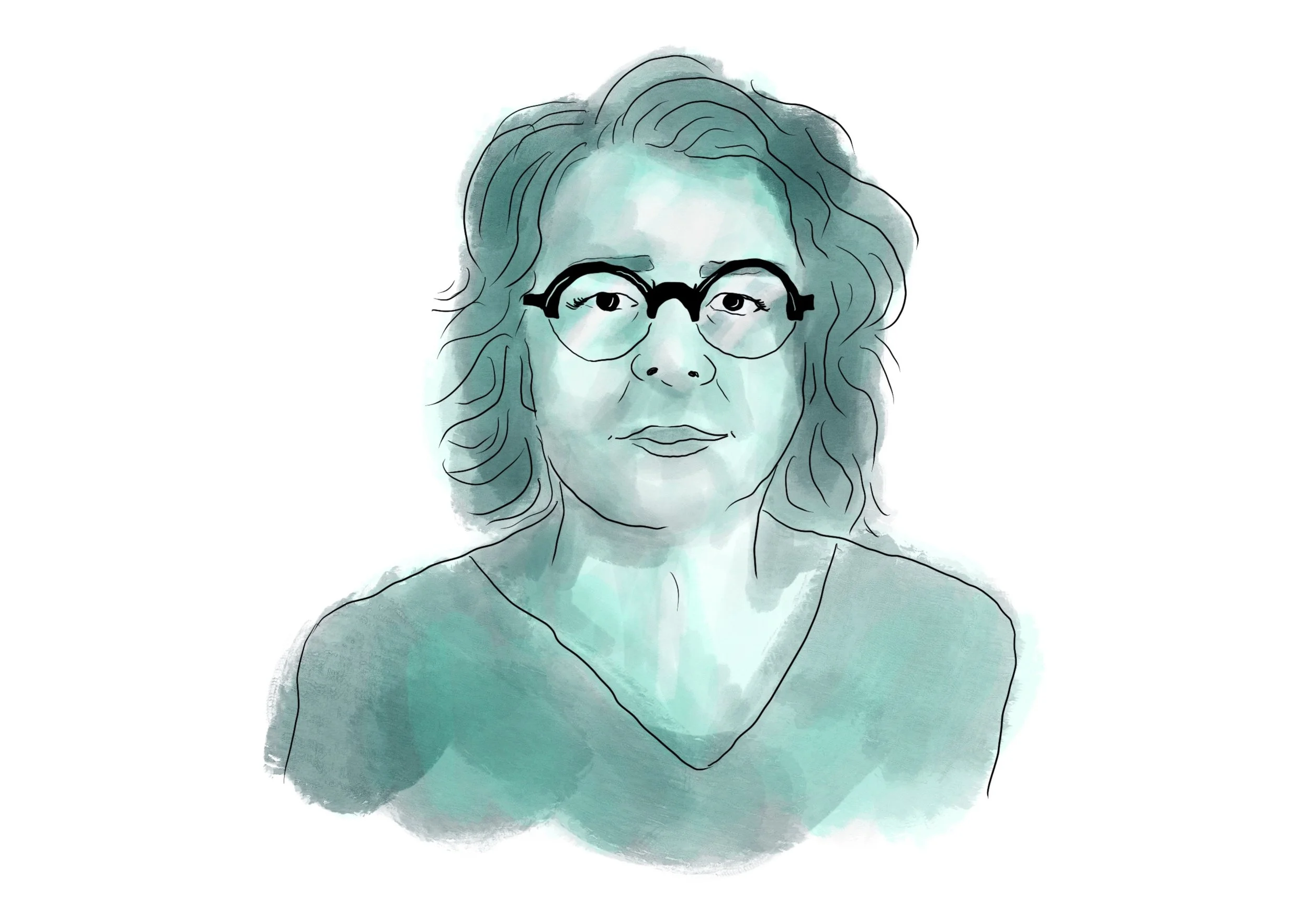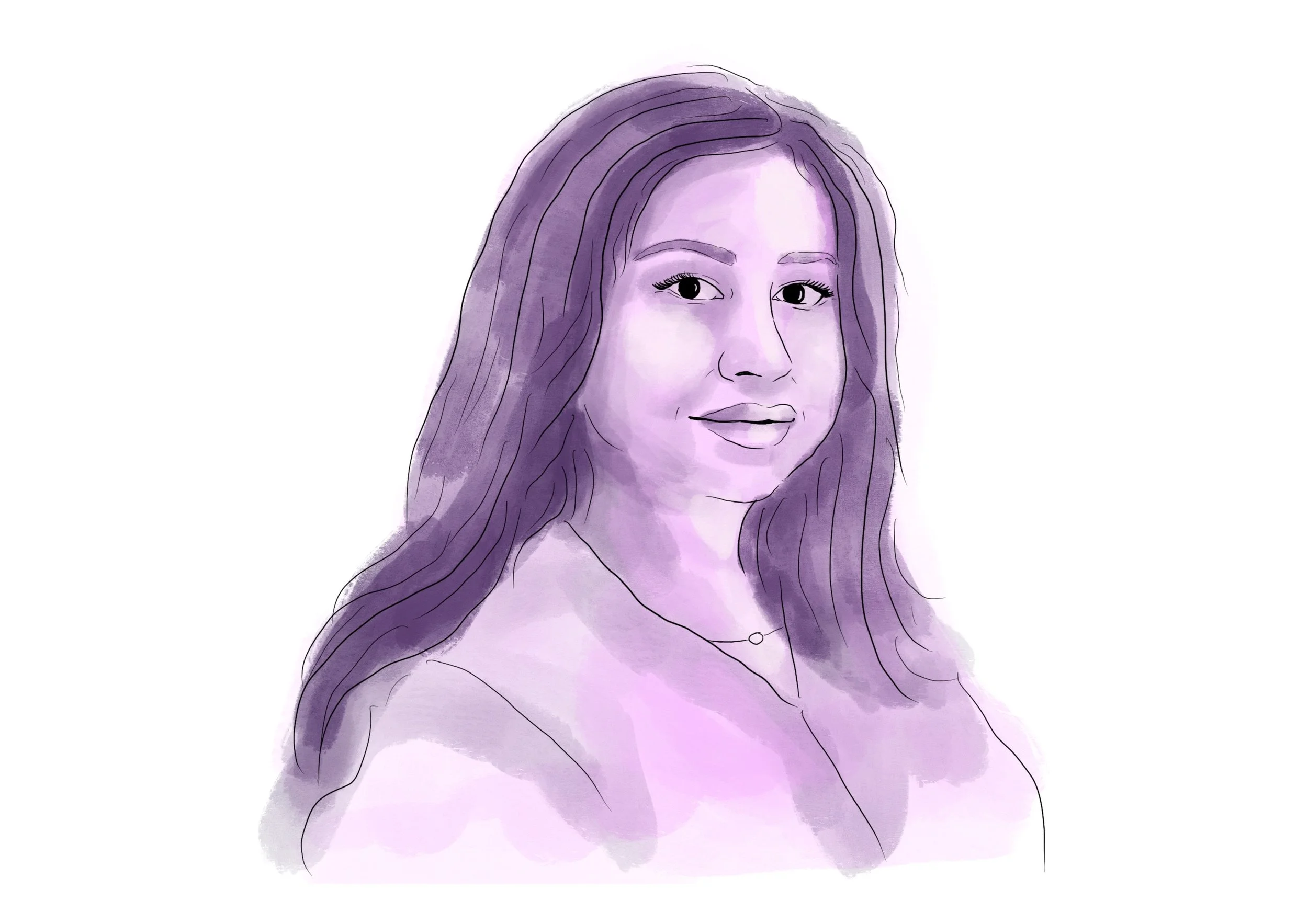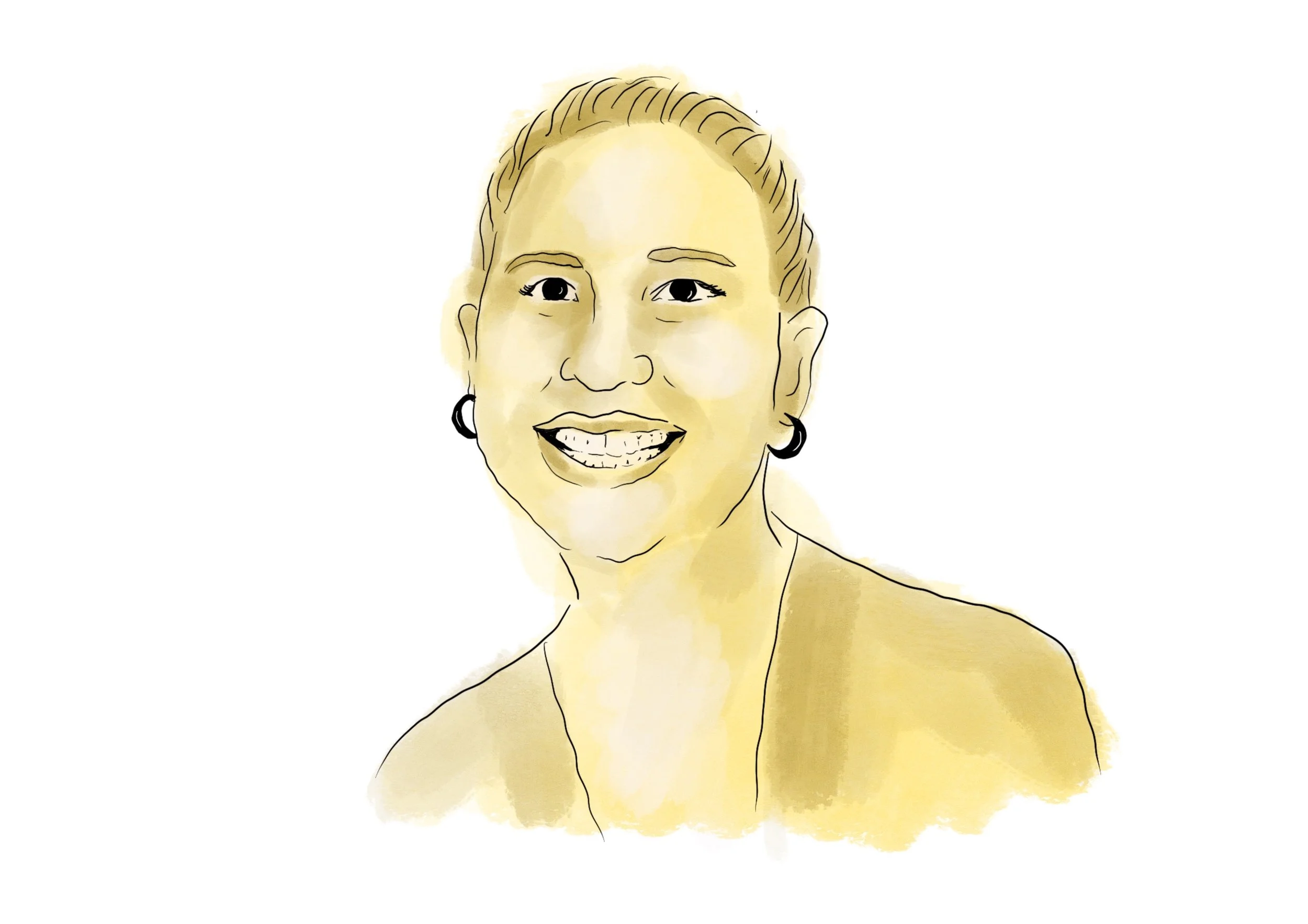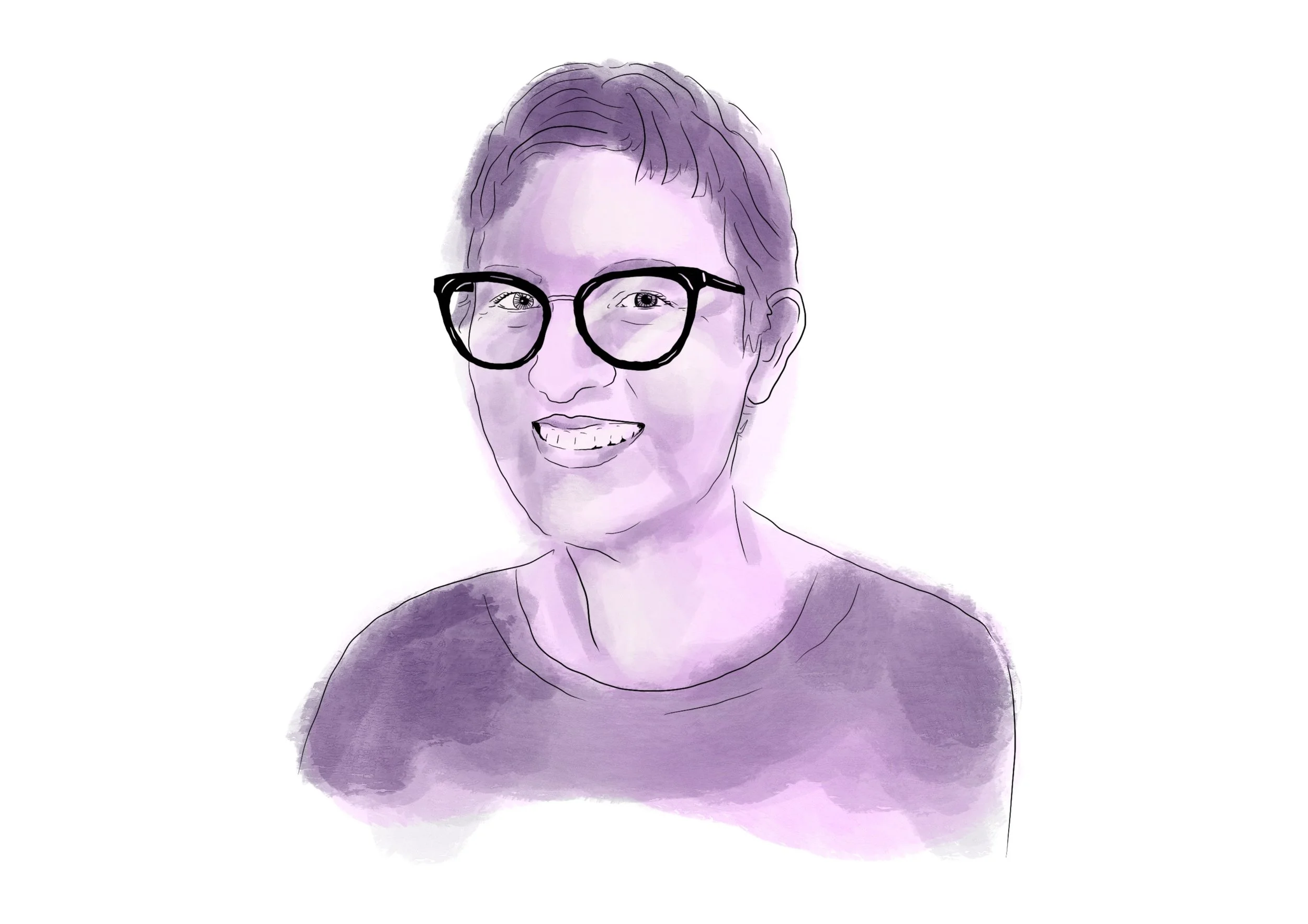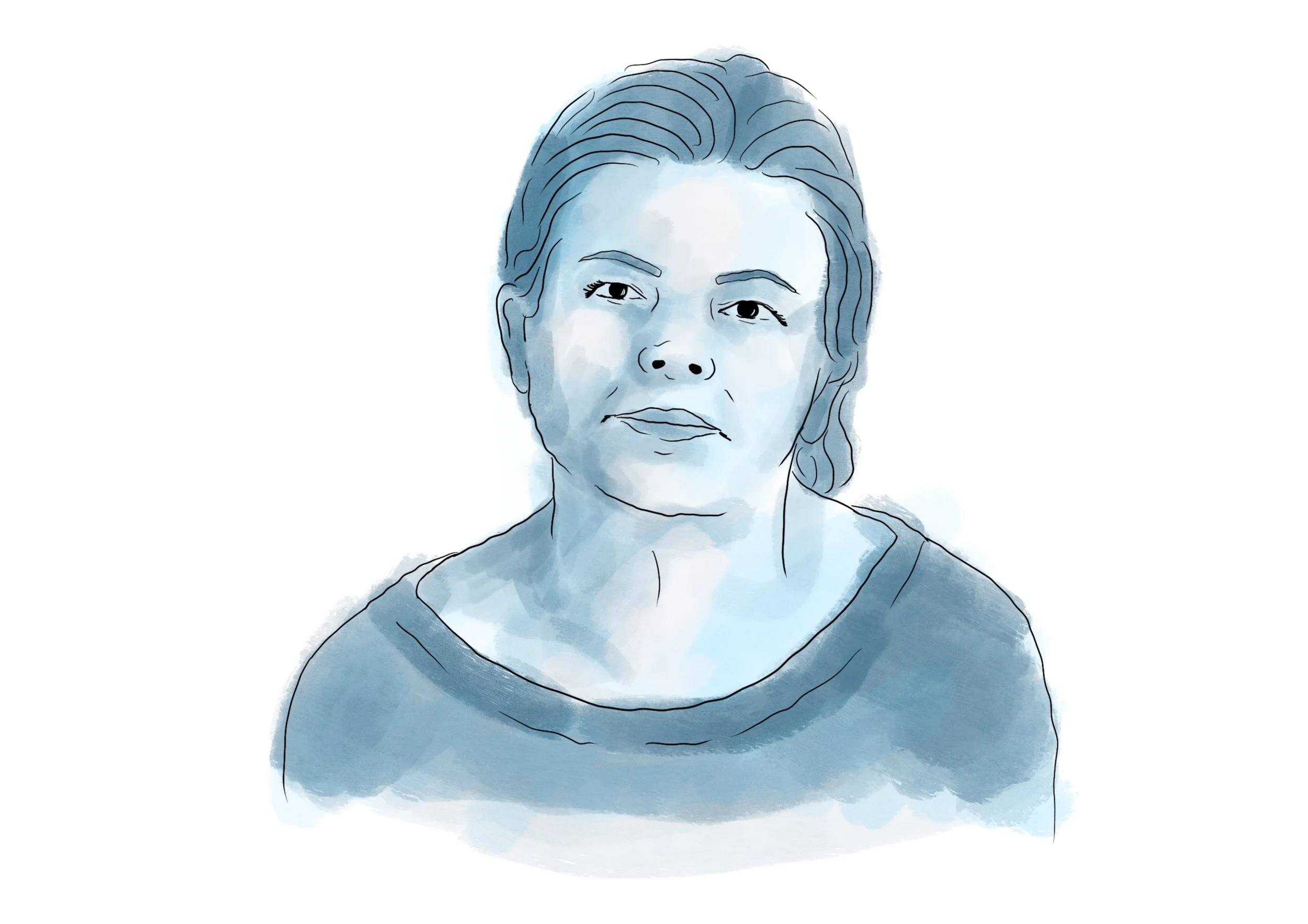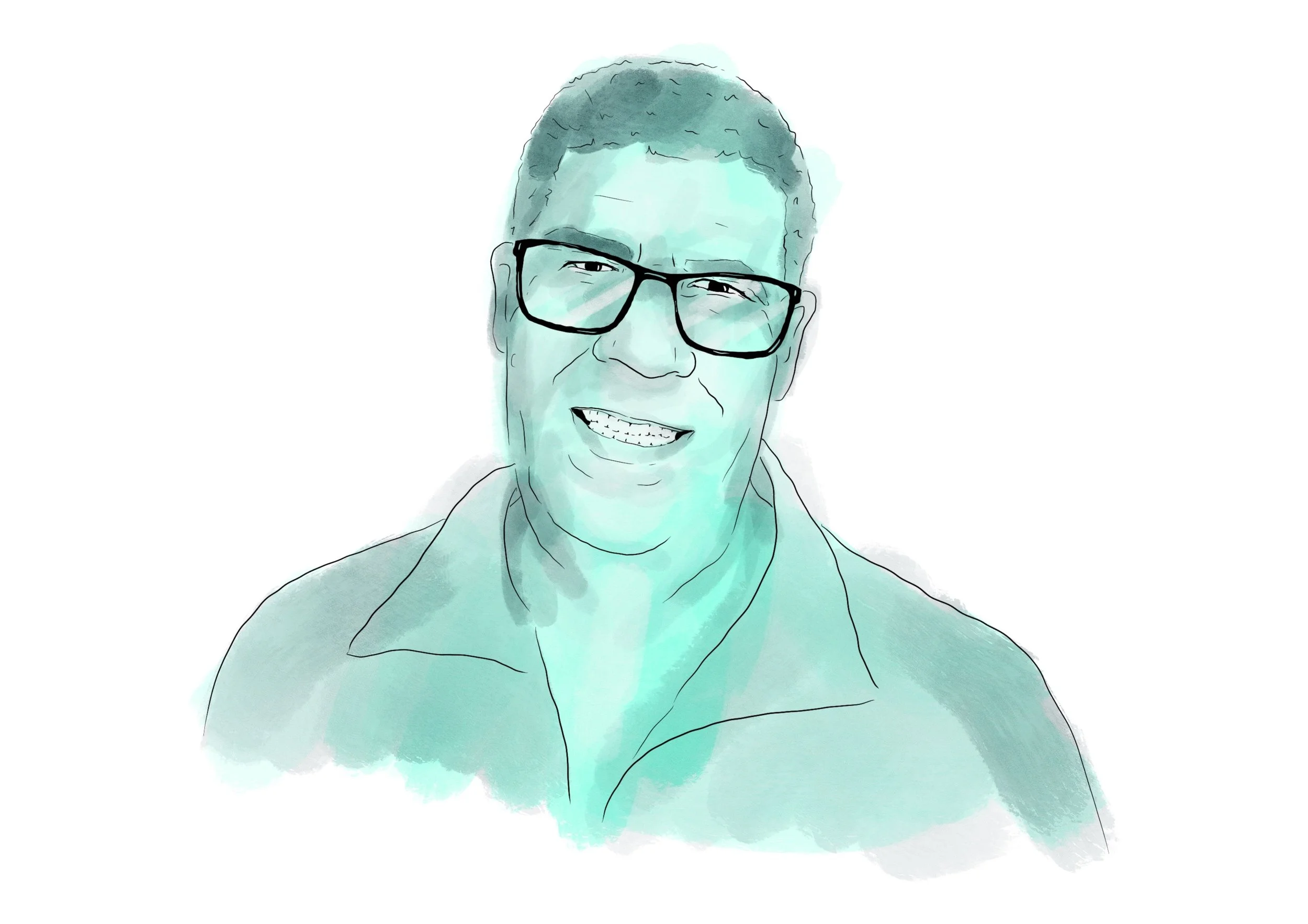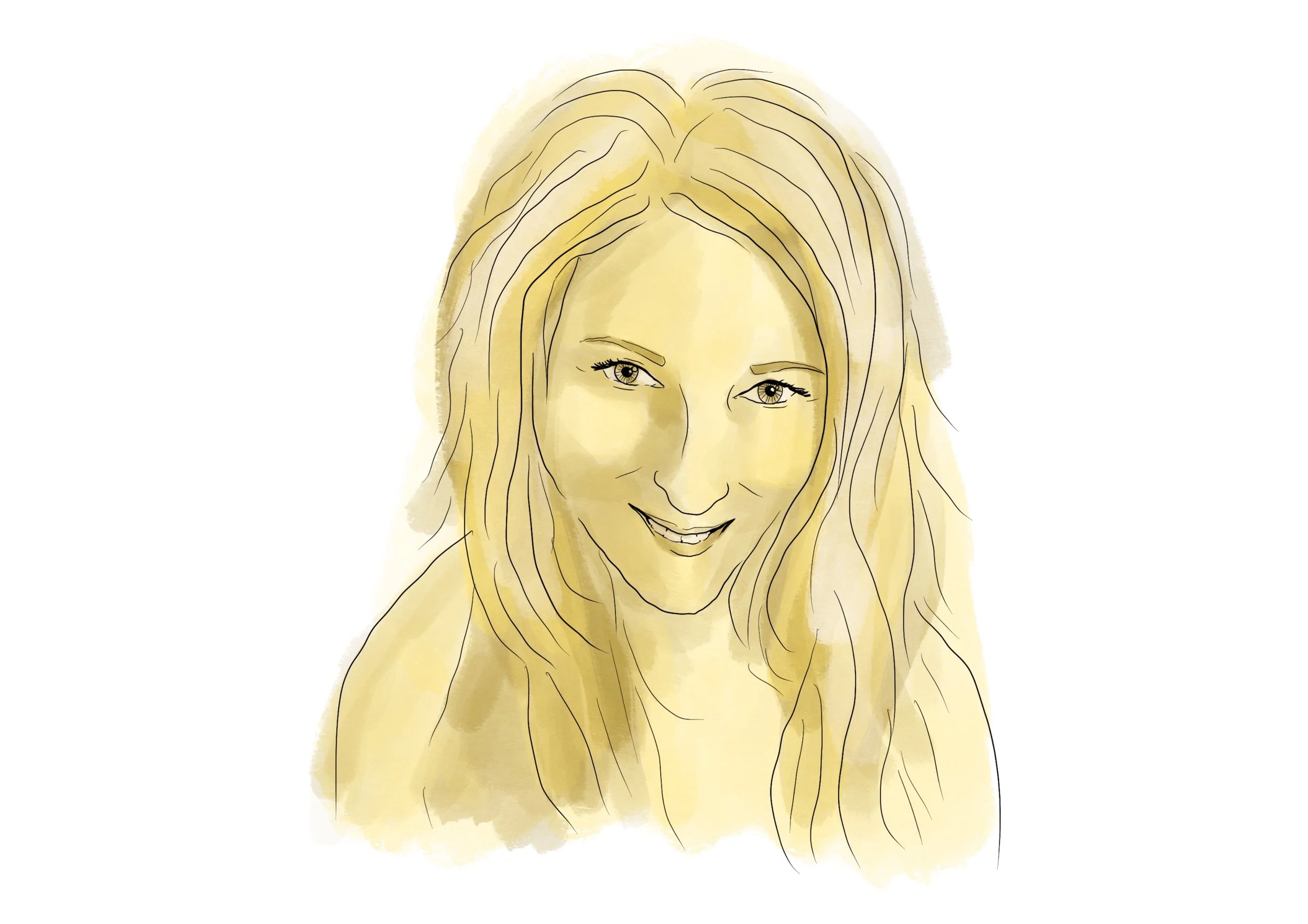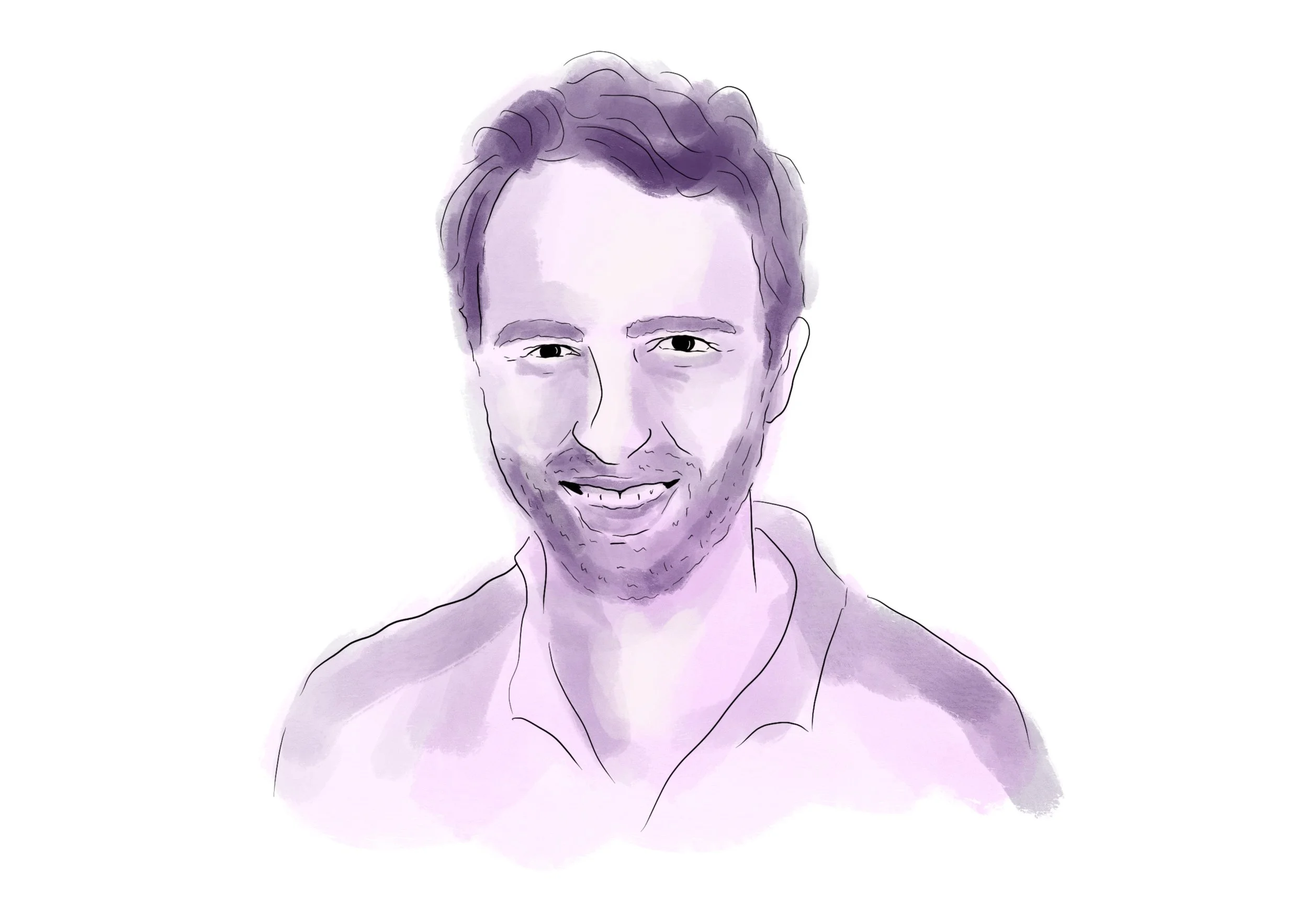Not Before Time
Lived Experience-Led Justice and Repair
Content Note
This report contains discussions of significant traumas and gross human rights violations. You may wish to read this with peers or ensure that you have supports that are helpful to you before reading. We have listed some supports that may help you should you need them.
In February 2021…
Illustrations by Lisette Charlotte
The Royal Commission into Victoria’s Mental Health System handed down its final report, with 74 recommendations in total. This was a policy-focused Royal Commission that outlined a future mental health and wellbeing system.
However, consumers and survivors, and families, carers and supporters continued to confront unresolved trauma from the system. It was difficult to see a future mental health and wellbeing system when that system failed to acknowledge its past and confront its present.
In May 2022, the Department of Health commissioned advice to the Minister for Mental Health on how their government could formally acknowledge harms in the mental health system.
This became the State acknowledgement of harm project.
Our task was to…
Advise the Minister for Mental Health on how to formally acknowledge harms in Victoria’s mental health system.
To do that we set up a Reference Group of 10 consumers, survivors, family members, carers and supporters. Many of these members had connections to other lived experience leaders who have led crucial social justice work.
We also did private consultations with people from LGBTIQ+, First Nations, disability and other communities. We spoke with international experts on human rights, mental health, restorative justice, truth and reconciliation processes and reparations.
This work was part of our effort to draw on evidence for ‘best practice’ acknowledgements from around the world.
But first, we had to define harm
In defining harm, our focus has always remained on those using or supporting those to use the mental health and other systems.
These are consumers and survivors, and families, carers and supporters.
-
Victoria’s mental health system has been and is both a product and producer of an ongoing process of colonisation.
This process continues today through practices that devalue or discredit non-Western approaches to social and emotional wellbeing, and through culturally unsafe care. Aboriginal Victorians experience racism through higher rates of restrictive practices.
-
The past and current use of seclusion, restraint, compulsory and coercive treatment, police killings and violence, comas, iced baths, lobotomies, institutionalisation, locked wards, racism and neglect.
Many of these practices still occur. All of these practices have been accepted at one point in Victoria’s mental health system.
-
When people enter the mental health system, their personhood is denied.
This can occur through the denial of human rights that other Victorians enjoy. Our mental health laws continue to violate Australia’s international human rights obligations.
Being distressed does not make you any less human nor any less worthy of human rights.
-
Narrow biomedical hurt us.
They often presume ‘what is wrong with you’. They don’t ask ‘what has happened to you’ and ‘how did you survive?’. People die up to 30 years younger in Victoria, in part, due to the medications they receive (often involuntarily).
These narrow biomedical approaches harm all. However, marginalised communities feel it most. First Peoples, women, same-gender attracted, trans and other communities are pathologised for who they are.
-
People are told to speak up and ask for help. When they do, help is not there, or it is not helpful. For consumers and survivors, this often results in a denial of human rights. Sometimes we lose our lives.
For families, carers and supporters, it can mean a life of stress and trauma, and despair for those who are now gone.
-
Force pervades the mental health system.
It can start with entry into the system through a police van or can end with a police shooting.
Force is written into the law and culture of our system, seen most visibly through the use of seclusion, restraint and compulsory treatment. These practices are not ceasing as they should.
-
Huge parts of the mental health system operate unlawfully. Mental health services routinely operate outside mental health and human rights laws.
When individuals seek justice, courts, tribunals and complaints bodies consistently fail to protect them. Victoria is the only state in Australia that grants compliance powers for a mental health commission to protect human rights. In over 14 000 complaints to the Mental Health Complaints Commissioner, those powers have never been used.
-
The government and mental health systems have long ignored and devalued self-help, mutual aid and peer support amongst consumers and survivors. This is part of a broader denial of the lived expertise of those with distress and who have used mental health systems.
Caring for a person, including during crisis, is its own set of skills, experience and wisdom. Yet families, carers and supporters are often not acknowledged for their expertise in supporting people. Instead, governments and systems interact with families, carers and supporters in impersonal, transactional and traumatising ways.
-
Families, carers and supporters are often invisible to the mental health system. Where they are visible to the system, it is as part of a transactional relationship.
Governments and systems have failed young people who are family members, carers (or have caring responsibilities). This often impacts their development, education and life outcomes.
Kinship caring can be common within the families of First Peoples. For many First Peoples, these experiences sit within the context of ongoing systems of racism and shame. There has been a refusal to respond to the concerns and needs of families, despite desperate calls, overwhelming evidence and repeated recommendations.
-
Families, carers and supporters have been exploited by a system that under-reached in its support. This has shifted people’s life stories as they take on caring relationships that they had not originally expected.
Next, we looked around the world at how harm has been acknowledged…
We then conducted a review of international best-practice approaches, including their strengths and weaknesses.
This was to help provide options for the Victorian Government to consider.
…and came up with six options for the Victorian Government
-
The Victorian Government may undertake a truth and reconciliation process. This may also be termed a Restorative Justice Process. Such a process would allow consumers and survivors as well as families, carers and supporters to share their harm, have it recorded, and have it responded to.
Government and mental health officials may participate in these processes by hearing and responding to these harms.
-
The Victorian Government and the mental health sector may issue an apology to consumers and survivors as well as families, carers and supporters, for the harm they have experienced.
Any such apology should be built on a strong understanding of what is being apologised for. In the absence of a restorative justice (or truth and reconciliation) process, the Victorian Government and mental health sector may not understand what they are apologising for.
-
The Victorian Government may consider establishing a redress scheme to provide individual reparations for harms received from the mental health system. We have provided guidance on the merits of reparations as well as important questions of eligibility, thresholds of harm that would warrant redress and what types of redress should be available.
-
The Victorian Government could consider providing collective reparations to people who have been harmed by the mental health system. This may include scholarships for consumers and survivors or earmarked funding for consumer and carer peak bodies to determine the best allocation of collective reparations.
-
The Victorian Government may consider symbolic reparations, such as memorialising processes or commemorative days. We detail the limitations of such approaches in our full report.
-
The Victorian Government may enact a series of measures that commit to preventing past and current harms from being repeated in the future. Such a process should follow any Restorative Justice Process in order to better understand the nature and scale of the harms that need preventing.
Now we have our recommendations to the Victorian Government.
We recommend that the Victorian Government conducts a Restorative Justice Process. Following this, the Victorian Government - with an invitation extended to mental health bodies - should make Public Apologies for the harm caused by the mental health system.
Restorative Justice Process
The Restorative Justice Process should have three aims. First, to provide an opportunity for the Victorian Government to hear and acknowledge the harms in the mental health system. Second, to formally document these harms for the public record. Third, where possible, to support reconciliation between on the one hand, consumers and survivors and families, carers and supporters, and on the other hand, mental health practitioners and the Victorian Government.
The Restorative Justice Process should be led by lived experience Commissioners within the Mental Health and Wellbeing Commission. In our full report, we detail how people with lived experience should oversee the process and how the process should work.
Public Apologies
After the Restorative Justice Process has completed, the Victorian Government should apologise to consumers and survivors, and to families, carers, and supporters. These apologies should be directed to those who have been harmed by systems and be delivered within Parliament.
The apologies should be provided on separate days, first to consumers and survivors, and secondly to families, carers and supporters. The mental health sector should be supported to participate in this process and make their own reflections and apologies. We detail in the full report about how people with lived experience should be involved in this process.
We look forward to the Victorian Government’s response.
Messages from us







